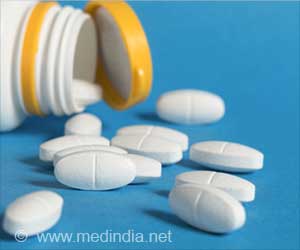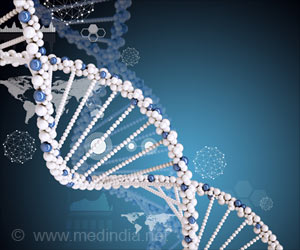This weeklong event was first celebrated in 1992 and has since become an important awareness day for many countries. It is an opportunity to promote and support breastfeeding, as well as to raise awareness of the importance of breastfeeding for the health of both mother and child.
The World Breastfeeding Week is also a time to educate people about the importance of breastfeeding and to provide information and resources to help mothers breastfeed successfully.
Advertisement
During these week-long celebrations, people should join and get involved in the fight for better breastfeeding support and policies.
There are many ways to get involved, from attending events and rallies to writing letters to your elected representatives, to sharing information and resources with others.
No matter how you choose to participate, your involvement can make a difference in the lives of mothers and newborn babies around the world.
What are the Benefits of Breastfeeding?
Exclusive breastfeeding for 6 months provides the following significant health benefits for both mother and child (2✔ ✔Trusted Source
Infant and young child feeding
Go to source
):
- Helps to create a strong bond between mother and baby.
- This leads to complete physical and emotional recovery for the mother after childbirth.
- Reduces the risk of certain diseases and conditions for both the mother and baby, including obesity, diabetes, respiratory infections, and ear infections.
- Develops a strong immune system for the baby.
- Increases IQ of the baby.
- Lowers the risk of SIDS (sudden infant death syndrome).
- Brings back the pre-pregnancy weight in mothers .
Things to Know About Breastfeeding
- Early initiation of breastfeeding should start within 1 hour of birth.
- Exclusive breastfeeding for the first 6 months of life; and continued breastfeeding up to 2 years of age or beyond.
- Optimal breastfeeding could save the lives of over 820 000 children under the age of 5 years each year.
- Breast milk can provide half or more of a child’s energy needs between the ages of 6 and 12 months, and one-third of energy needs between 12 and 24 months.
- Breastfeeding burns between 500-600 calories a day.
- The smell and taste of your breast milk change depending on the foods you eat.
- Premature babies are fed more breast milk in the first 28 days of life.
- At the end of six months, breastfeeding rates fall to 43%, and only 13% of babies are exclusively breastfed (3✔ ✔Trusted Source
Data & StatisticsGo to source
).
COVID-19 and Breastfeeding
The COVID-19 pandemic has caused a great deal of anxiety and uncertainty for many parents, including those who are breastfeeding. There is still much that is unknown about the virus, and how it may affect both breastfeeding mothers and babies. However, there are some things that we do know, which can help to reassure parents who are breastfeeding.
If you are diagnosed with COVID-19, you should continue to breastfeed your baby if you can. There is no evidence that the virus can be transmitted through breastmilk, and breastfeeding has many well-known benefits for both mother and child (4✔ ✔Trusted Source
Breastfeeding and COVID-19
Go to source).
If you are sick, it is important to take steps to protect your baby from infection, such as washing your hands before handling them and avoiding kissing them. You should also wear a face mask when you are around your baby.
Be a part of the World Breastfeeding Week celebrations that encourages a mother’s gift to herself, her baby, and the earth.
References :
- World Breastfeeding week 2022 – (https://worldbreastfeedingweek.org/)
- Infant and young child feeding – (https://www.who.int/news-room/fact-sheets/detail/infant-and-young-child-feeding)
- Data & Statistics – (https://www.cdc.gov/breastfeeding/data/index.htm)
- Breastfeeding and COVID-19 – (https://www.who.int/news-room/commentaries/detail/breastfeeding-and-covid-19)
Source: Medindia



